He explains how for compatibilists actions need a 'goal' or purpose to make sense as actions rather than meaningless events. (The difference between a muscle twitching a leg that moves a foot that impacts your leg and me kicking you because you are idle). He suggests that goals or purposes only make sense if they have a prior cause. This view is very similar Hume's.
For me, compatibilism makes sense if you see actions and choices and decisions as events on a timeline:
> CAUSE empty belly (physiological)> EFFECT hunger > Should I have a chocolate biscuit or a carrot? (social conditioning etc. influences / determines? my CHOICE > my GOAL or purpose is either to stay slim and gorgeous or enjoy the chocolate biscuit and I imagine those possible futures as I decide > ACTION I eat a biscuit. My biscuit eating is a result of my choice, my choice gives it a goal and purpose and makes my ACTION intelligible (understandable) as an act of free will which forms part of a 'causal chain.'
So, for compatibilists, free will: choices and decisions, only make sense as part of this chain. Without the causes, the prior events that inform my choices and my goals, free will would seem meaningless and randum, as if it had nothing to with my life.
However, Thomas Pink thinks that we 'can have uncaused intelligible actions' (my emphasis). He says that 'action involves a self direction at a goal' and that 'the goal is provided by the very content of the mental event of choosing.' and in that sense it is 'internally generated'.
For Pink, choosing is about putting options and choices before 'the mind's eye' and then directing your yourself at the option or goal you choose.
Although he claims to be a compatibilist, he admits that he is closer to a libertarian position. I think he is a libertarian really.
Talk of a 'mind's eye' worries me (homunculous alert!), and I don't think Pink's position is all that convincing philosophically, but I want to believe him because I think politically I ought to be a libertarian.

What I am really (not that you'd care) is a philosophical pragmatist and 'non-reductive physicalist', that means that I think we are entirely physical, but I don't want to reduce us to lumps of matter. I think the idea of 'free will' is a much more useful way of describing how we behave than a 'scientific' description. I think the problems we have when we discuss free will and determinism are probably the result of misconceptions about the way human beings are in the world. They are the result of problems with our language. I am, of course, indebted to Richard Rorty for this view, although I need to do a lot more work on it to explain it more fully.
Please leave a comment if you've read this.















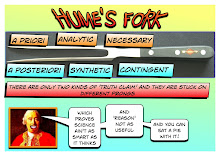
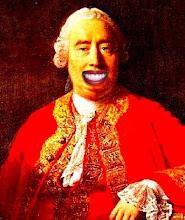



.jpg)

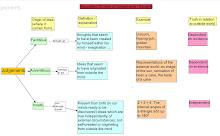
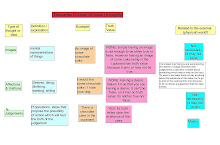
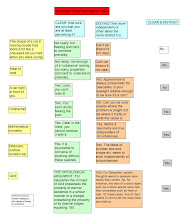



2 comments:
Why Hi. I'm guessing I'm the first to read it. That reminds me, am I still in with a chance of winning - I mean earning - that fiver? Hehe.
Nicola, beat you to reading this, but the fiver is still available!
Post a Comment